WINNIPEG – The Manitoba government has introduced legislation it says will help children in care keep their Indigenous customs and family connections.
“It allows Indigenous communities to have greater say in terms of the care of the children,” said Families Minister Scott Fielding.
The bill amends the Child and Family Services Act to include the customary care model, which allows children to stay within their community under the guidance of extended family and community leaders.
The agency in charge of child and family services in the area will work with parents or guardians to create a customary care agreement, where parental rights aren’t lost. The child’s Indigenous community is also notified and, in certain cases, will play a role in placing the child and customizing their care plan.
“Each individual community is very much different, so it will take into consideration Aboriginal culture, tradition and heritage into the decision-making process,” Fielding explained.
The caregiver and care home will have to meet current safety standards, he added.
The model was promised by the former NDP government and was announced by the Progressive Conservatives in October as part of a larger overhaul of the child-welfare system.
There are about 11,000 children in care in Manitoba and about 90 per cent are Indigenous. Fielding said the new legislation is a historic step towards supporting children while maintaining a cultural connection.
Southern Chiefs’ Organization Grand Chief Jerry Daniels said supporting families, rather than apprehending children, is an important investment into the future.
“Children who have a foundation of their culture do a lot better,” he said.
Children involved in customary care will also be counted and tracked in a distinct way since the province is not apprehending or seeking a court order. However, they will be included in provincial data.
Opposition NDP Leader Wab Kinew said he’s concerned about how the children will be counted because he said it’s important to know how many there are, in order to make sure they get the necessary resources and supports.
Child welfare in Manitoba has been under scrutiny since the death of five-year-old Phoenix Sinclair in 2005. A public inquiry into the death showed social workers lost track of the young girl and missed signs she was in trouble before she was beaten by her mother and mother’s boyfriend.
The province has also said it will release a review of how the child-welfare system handled Tina Fontaine’s case. Fontaine, 15, ran away from a Winnipeg hotel where she was being housed in August 2014 and her body was found wrapped in a duvet, weighed down by rocks, in the Red River nine days later.




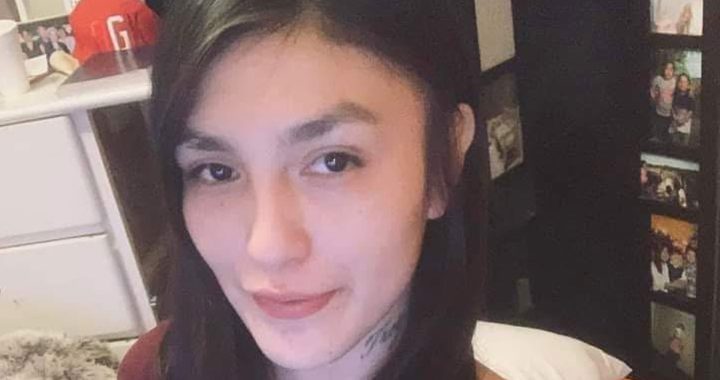
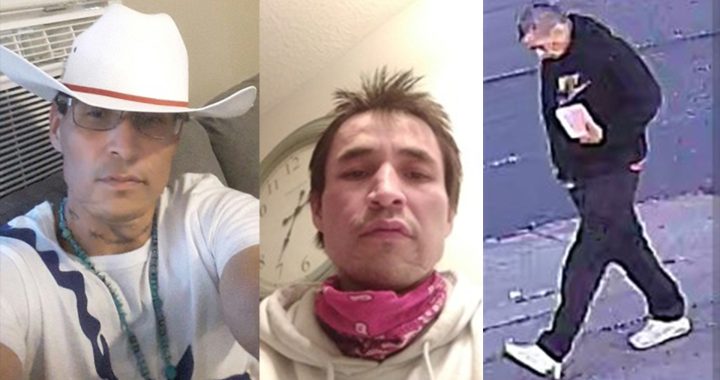
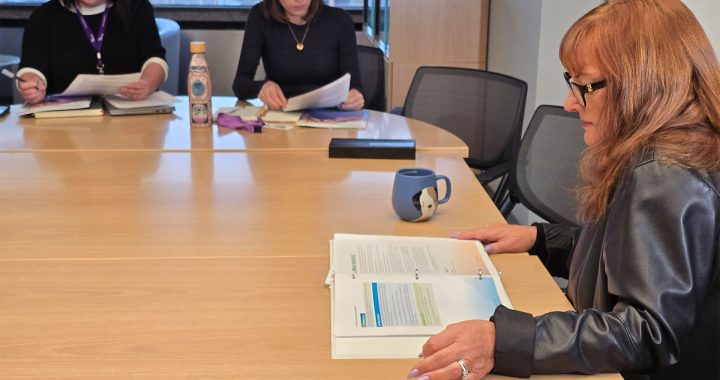
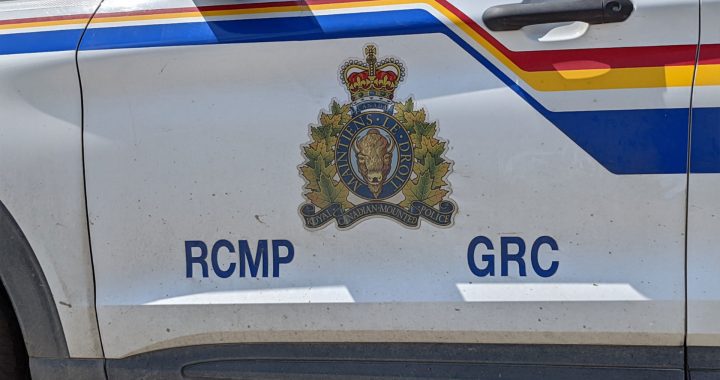
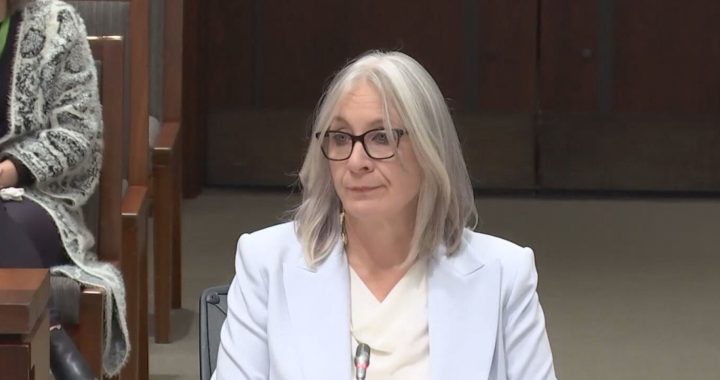
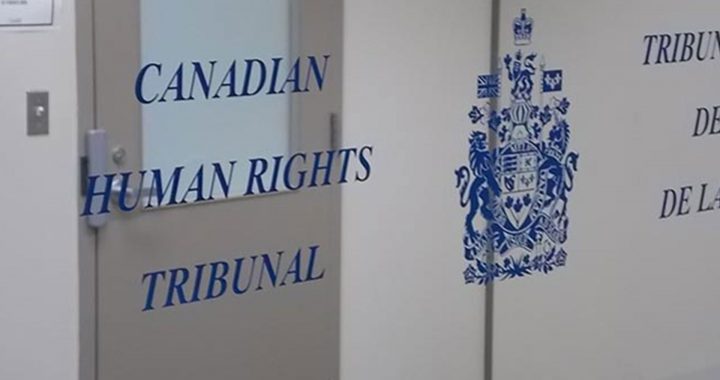
Great idea. However, I think the government needs to start supporting families more effectively so that this number of children in care drops dramatically. 11,000 kids in care and 90% are Indigenous?! We as a country are failing Indigenous families.
Great idea. However, I think the government needs to start supporting families more effectively so that this number of children in care drops dramatically. 11,000 kids in care and 90% are Indigenous?! We as a country are failing Indigenous families.
Bad idea some children are better off where they are. If you put them back on a reserve, they will be in danger. There’s more drugs gangs and alcohol. And not to mention gangs. Plus the constant threat of sextual abuse and Reserve schools are below par compared to the city or town schools. Some foster parent do make the effort to get the children involved in cultural education. Including language, dance Aswell as the spiritual aspect.
You return children to the reserve environment you can be sure you’ll get a low success rate. And if a child is bounced around. It should be the foster parents that you investigate. Or have the child mentally tested, find out if they are special needs or suffered from abuse of any kind. This way you can get the child in a home with people who can deal with them. And get rid of the fosters that just use the children for the money. And train the right people who really want to take on the children’s well being. As far as I can see this will be a failure.
Wow! About time……amazing…..keep advocating for all our future generations
Bad idea some children are better off where they are. If you put them back on a reserve, they will be in danger. There’s more drugs gangs and alcohol. And not to mention gangs. Plus the constant threat of sextual abuse and Reserve schools are below par compared to the city or town schools. Some foster parent do make the effort to get the children involved in cultural education. Including language, dance Aswell as the spiritual aspect.
You return children to the reserve environment you can be sure you’ll get a low success rate. And if a child is bounced around. It should be the foster parents that you investigate. Or have the child mentally tested, find out if they are special needs or suffered from abuse of any kind. This way you can get the child in a home with people who can deal with them. And get rid of the fosters that just use the children for the money. And train the right people who really want to take on the children’s well being. As far as I can see this will be a failure.
Wow! About time……amazing…..keep advocating for all our future generations